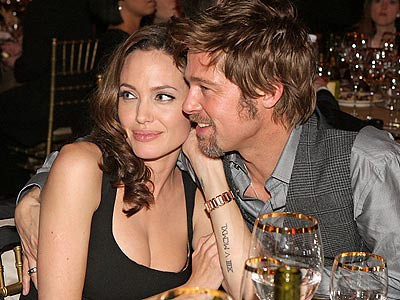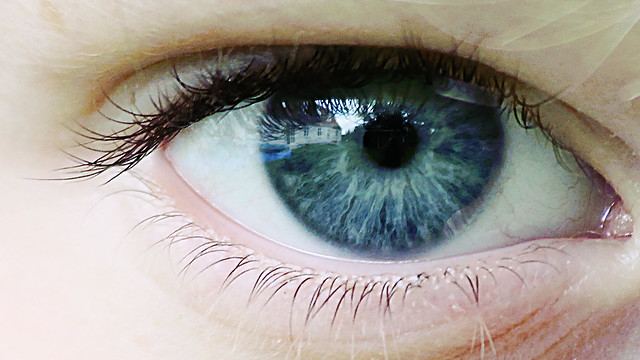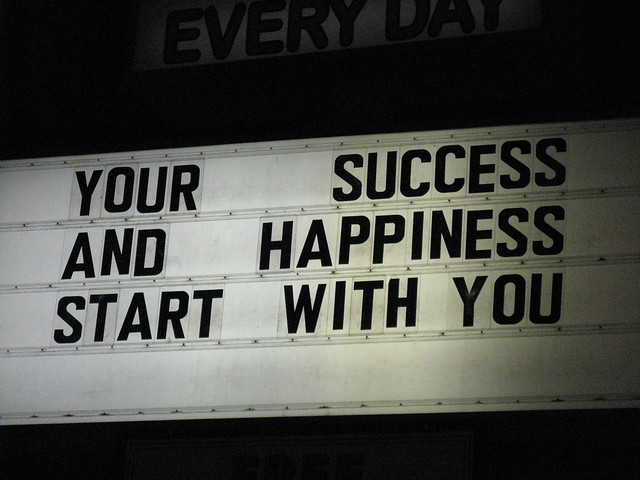 |
| Photo credit: Digitalnative on Flickr |
I received an e-mail the other day asking about
how an author can balance
having a voice, giving her novel a tone, and allowing her characters to have
separate personalities. I’m pretty sure I read the question at least
half a dozen times before I had any semblance of an answer.
Balance is one of
those things in writing that takes a while to really get down—I’m still working
on fine-tuning the balance in my writing myself. Our prose should have
voice—but not so much that it drowns out our characters. We need to include
detail—but don’t want to bombard our readers with too much. We need a good
plot—but a well-formed plot means nothing if our characters are flat.
Balance.
I don’t know
about you guys, but my first drafts are rarely balanced. Thinking back to the
first draft of my current WIP, I had a lot of plot and action and barely any voice. My love-interest was as cardboard as it gets and my
antagonist… well he had potential, but some of his dialogue was embarrassing in
retrospect and his motivations were shaky, at best.
Finding balance
the first time around in your writing is really hard, and I don’t think
most of us get it right immediately. And that’s ok.
Balance doesn’t
often flow naturally—it takes some tweaking. Think about anything you’ve ever
done that required balance—balancing a soda can on its edge, for example.
Chances are, unless you have some ridiculous ninja-like balancing skills, you
didn’t just set the can on its edge and walk away—you held onto it and tweaked
it until it felt like it might stay, then you let go.
Writing is the
same way. Nine out of ten times, the first thing you throw onto paper isn’t
going to be perfectly balanced. It’ll take revisions—a round where you focus on
getting the voice right, a round where you get the details pitch perfect,
another where you focus on dialogue and so on and so forth. In my experience,
anyway, balance doesn’t come right away—you tweak your manuscript in every
which way until— aha!— you get it right.
It’s not an easy
thing to master, but no one ever said writing was easy.
Have you had
trouble finding balance in your WIP? Tell us your experience!



















